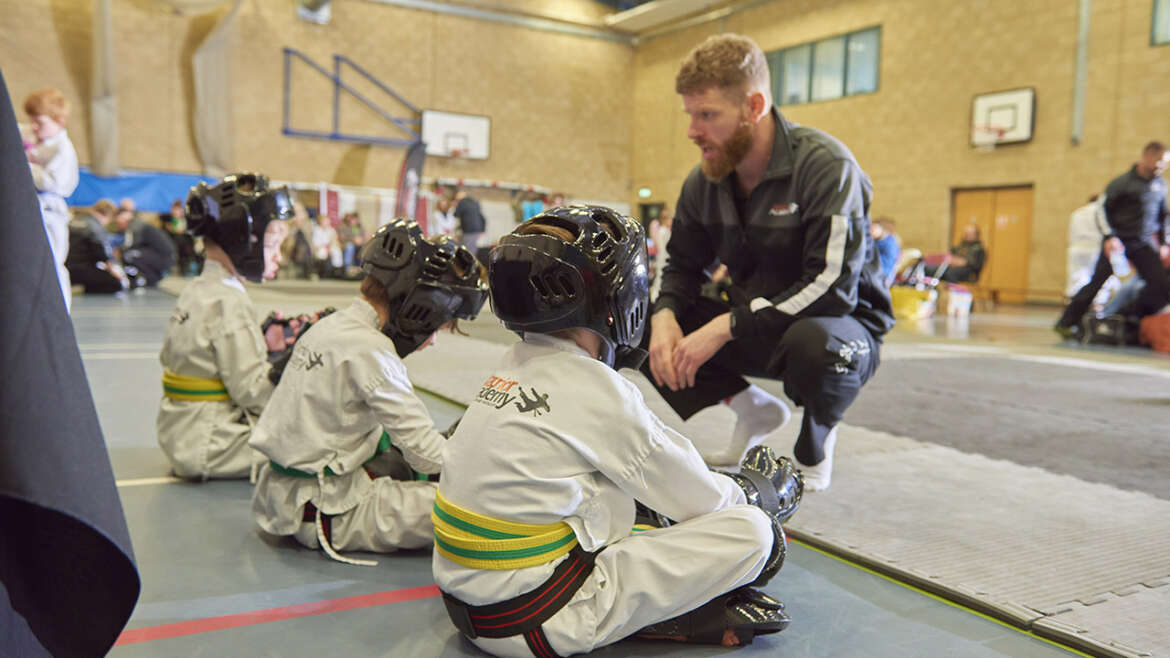In today’s fast-paced world, there’s a growing emphasis on results. But what if we told you that the journey is just as important, if not more so, than the destination? Let’s dive deep into the concept of valuing effort over achievement, exploring its multifaceted impact on individuals and society.
The Shift in Perspective
Our society is witnessing a paradigm shift: from glorifying end results to appreciating the journey towards them. This change is not just philosophical but is increasingly reflected in our education systems, workplaces, and personal life philosophies. In this context, valuing effort over achievement becomes not just a personal choice but a cultural movement. It involves recognizing the intrinsic value of perseverance, dedication, and hard work, even when they don’t culminate in traditional forms of success. This shift is supported by emerging trends in organizational and educational settings where process-oriented goals are being emphasized over outcome-oriented ones.
The Problem with Overvaluing Achievement
Have you ever felt the pressure to be the best? To win that trophy or get that promotion? While achievements are commendable, an overemphasis on them can lead to burnout, anxiety, and even a fear of failure. It’s like being in a race where the finish line is all that matters, causing us to overlook the beauty and learning in the race itself. This myopic focus on results can create a toxic environment where the fear of not succeeding overshadows the joy of participating and giving one’s best effort.
The Power of Effort
 Effort is the fuel that drives us. It’s the late nights, the sweat, the tears, and the determination. Valuing effort means recognising the hard work, the dedication, and the passion that goes into pursuing a goal, regardless of the outcome. It’s like appreciating the chef for the hours spent in the kitchen, even if the dish isn’t perfect. This appreciation for effort acknowledges that success is not always within our control, but our effort always is. This approach fosters a sense of fulfillment and satisfaction that is often more enduring than the fleeting joy of specific achievements.
Effort is the fuel that drives us. It’s the late nights, the sweat, the tears, and the determination. Valuing effort means recognising the hard work, the dedication, and the passion that goes into pursuing a goal, regardless of the outcome. It’s like appreciating the chef for the hours spent in the kitchen, even if the dish isn’t perfect. This appreciation for effort acknowledges that success is not always within our control, but our effort always is. This approach fosters a sense of fulfillment and satisfaction that is often more enduring than the fleeting joy of specific achievements.
The Psychological Benefits of Valuing Effort
Boosting Self-Esteem
 When we value effort, we celebrate the process. This approach boosts self-esteem because individuals recognize that their worth isn’t tied to a specific outcome but to their dedication and hard work. It shifts the focus from what we achieve to how we achieve it, fostering a sense of pride and self-worth that is independent of external validation.
When we value effort, we celebrate the process. This approach boosts self-esteem because individuals recognize that their worth isn’t tied to a specific outcome but to their dedication and hard work. It shifts the focus from what we achieve to how we achieve it, fostering a sense of pride and self-worth that is independent of external validation.
Encouraging Resilience
By valuing effort, we also promote resilience. Praising effort, even in the face of failure, encourages individuals to try again. It’s akin to falling off a bike but getting back on because the process of learning is valued more than the immediate success of riding without falling. This resilience is crucial in navigating life’s inevitable challenges and setbacks.
Promoting Growth Mindset
A growth mindset, a concept developed by psychologist Carol Dweck, is the belief that abilities can be developed through dedication and hard work. By valuing effort, we foster this mindset, encouraging individuals to view challenges as opportunities for growth rather than insurmountable obstacles.
Real-Life Examples of Effort Over Achievement
Famous Failures
Thomas Edison’s 1,000 attempts before inventing the light bulb and J.K. Rowling’s multiple rejections before the success of Harry Potter are testaments to the power of persistence. These stories highlight the importance of continuous effort and resilience in the face of failure, underscoring that true success often lies in the journey, not just the destination.
Unsung Heroes
 Beyond famous figures, countless unsung heroes embody the spirit of valuing effort. Teachers, parents, and community workers, who tirelessly contribute without always receiving recognition, exemplify this ethos. Their dedication, often unnoticed, is a powerful reminder of the impact of consistent effort.
Beyond famous figures, countless unsung heroes embody the spirit of valuing effort. Teachers, parents, and community workers, who tirelessly contribute without always receiving recognition, exemplify this ethos. Their dedication, often unnoticed, is a powerful reminder of the impact of consistent effort.
How to Cultivate a Culture of Effort
Recognising and Rewarding Effort
Creating a culture that values effort starts with us. By recognising and rewarding effort – through words of encouragement, constructive feedback, or tangible rewards – we can shift the focus from mere outcomes to the journey and process of achieving them.
Encouraging Continuous Learning
Promoting an environment of continuous learning is crucial. This can be facilitated through workshops, courses, or a culture of open feedback. The emphasis should be on improvement and growth, rather than on being the best.
Setting Realistic Expectations
It’s important to set realistic expectations for your children. Aiming high is commendable, but achievable goals ensure that individuals can appreciate their progress and the effort they put in, regardless of the scale of their achievements.
Conclusion
In the grand tapestry of life, it’s the threads of effort, dedication, and passion that make the picture complete. While achievements are milestones, it’s the journey that truly shapes us. By valuing effort over achievement, we not only promote psychological well-being but also cultivate a society that celebrates every individual’s unique journey.
FAQ
Why is valuing effort over achievement important?
Valuing effort promotes self-esteem, resilience, and a growth mindset, emphasizing the importance of the journey over the destination.
How can I shift my focus from achievement to effort?
Start by recognizing and rewarding effort, encouraging continuous learning, and setting realistic expectations.
Are achievements not important?
Achievements are important, but they shouldn’t overshadow the importance of effort and the journey taken to reach those achievements.
How does valuing effort promote a growth mindset?
By valuing effort, individuals are encouraged to see challenges as opportunities for growth, fostering a belief that abilities can be developed.
Can I value both effort and achievement?
Absolutely! It’s about finding a balance and recognizing that while achievements are milestones, the effort behind them is equally significant.
If you want to learn more about what area of your child’s life needs the most support, take our Breakthrough Area Assessment by clicking the link below.



